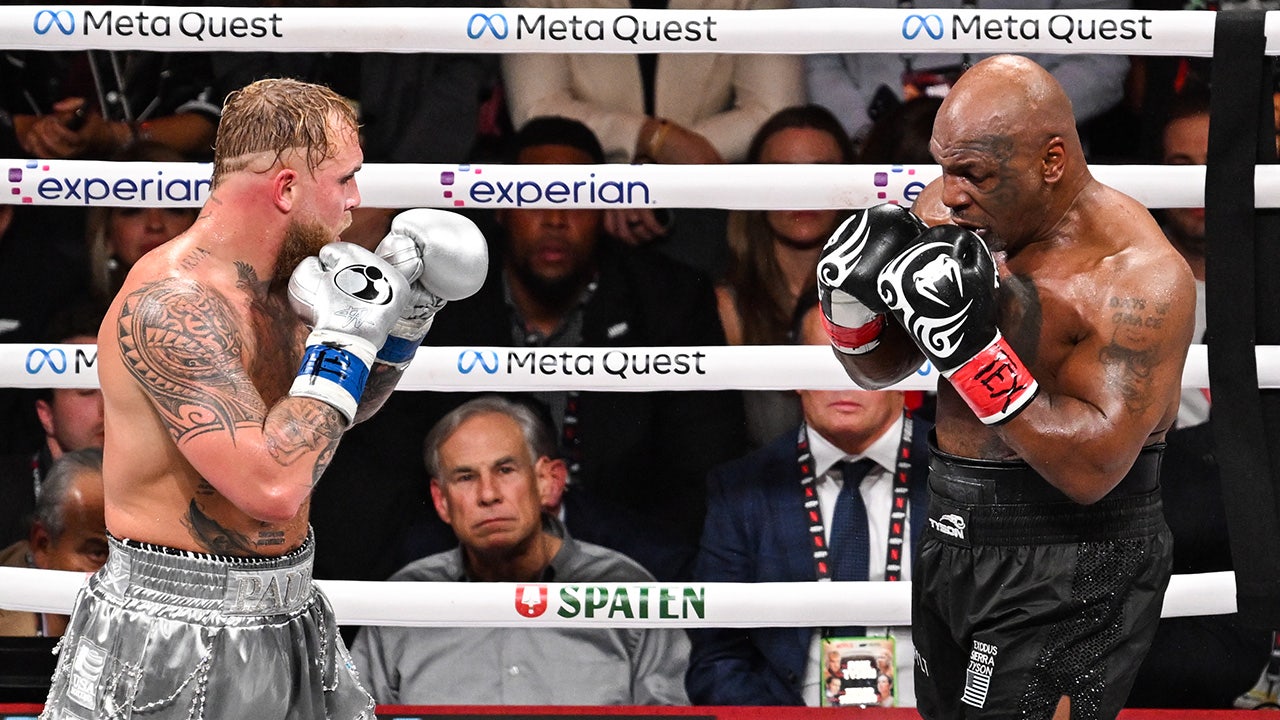Mar. 27—Maine law enforcement officials and victim rights advocates say they want a modern, electronic system for notifying victims when a defendant is getting released from jail, but they disagreed this week on whether a proposed bill is the right approach.
"There is no question that our archaic system of phone calls, or letters, is insufficient," Penobscot County Sheriff Troy Morton told a legislative committee Wednesday. "The question is, when will Maine catch up with the rest of the country?"
The debate played out during a public hearing on a legislative proposal to enable county sheriffs, who run the jails, to offer victims electronic notifications of releases. Penobscot and Somerset counties are already testing these program, and Aroostook County and Two Bridges Regional Jail are preparing to join.
Under state law, all jails must directly notify victims of domestic violence, sexual assault or stalking when a pre-trial defendant has been bailed out, and send a notice via first class mail when a convicted person's release date is scheduled.
Bill sponsor Sen. Anne Carney, D-Cape Elizabeth, said LD 981, would allow sheriffs' offices to choose whether to implement an electronic system in addition to, or in lieu of, a written notification or phone call.
"One of the scariest things for a victim of crime, whether it is an assault, burglary or something else, is not knowing when the perpetrator is incarcerated and when they might be returned to the community," said Carney.
But victim rights advocates, who generally support the idea, are still concerned about the national platform sheriffs want to use, which other states have stopped working with as new providers hit the market. At least one state has complained of privacy concerns and reports of outages.
They're also worried that without guaranteed funding and support from all counties, the system will fall apart once its up and running. (It's a competitive year for the state budget and federal funding for victim advocacy continues to drop.)
PRIVACY CONCERNS
Penobscot County is testing out a system now through VINE, short for for Victim Information and Notification Everyday, Morton told lawmakers. And it's not just serving victims; Morton said family members of those who are incarcerated can sign up out of concern for defendants' wellbeing.
"It is so much more than I thought. It wasn't just about victims and witnesses of domestic violence," said Morton.
Equifax, which runs VINE, said they covered the initial start-up costs of the pilot programs in Maine.
Equifax's Northeast Government Relations Director Julie Hart told lawmakers Wednesday that VINE is the nation's largest victim notification provider, serving 47 states. She said users can sign up for notifications by phone, text or email regarding a specific case at VINElink.com. There's a 24/7 support line for user issues, she said, and anyone can use the website to search for updates on a case without creating an account.
But the Maine Coalition to End Domestic Violence — one of the state's largest advocacy organizations for victim rights — still has questions about whether the VINE system can meet the state's legal standards for ensuring victim notification.
The coalition said they enthusiastically support the idea, but not the legislation. Receiving a "passive" app-based alert or a text is not the same as reaching a victim over the phone or speaking with them face to face, said policy director Andrea Mancuso, who urged lawmakers not to abandon traditional phone and mail methods.
"They can't be confident that the victims actually received a notification," Mancuso told lawmakers.
She shared concerns about the counties' ability to maintain the electronic notification system.
The bill includes a one-time $575,000 price tag, which Morton said would be enough to cover the cost of launching VINE in each county. But Mancuso and others are concerned that counties won't be able to pay for the service after the initial setup, saying jails already lack the staff and funding to meet current legal requirements for victim notification.
"There's no agreement about how we're going to sustain this long term," Mancuso said. "We have questions about what that means for crime victims, if they sign up for electronic notification ... and then a year, months down the road, the county is no longer sustaining that electronic notification. What happens then?"
ANYONE CAN SIGN UP
She and the Maine Department of Corrections urged lawmakers to look at the handful of states that have cut ties with VINE over those issues.
Although no state was mentioned by name, the Oregon Department of Corrections in 2023 told state lawmakers there that VINE's system costs were increasing faster than what the state could pay, all while the state struggled with increasing technological glitches and "hundreds of notifications" getting lost.
The Oregon department said VINE's parent company Appriss, which Equifax acquired in 2021, was sharing user data in 2019 with other Appriss platforms.
An Equifax spokesperson said in an email Thursday that they "never have, and never will use or disclose victim data for any purpose other than victim notifications." They do offer other services for law enforcement and state agencies that may use "public incarceration data," but the spokesperson said they only use that data if approved by the state.
Despite VINE's reassurances, the DOC's Government Affairs Director Sam Prawer asked lawmakers to consider adding data protections to the proposed law.
He asked lawmakers for more time and discussion on the bill. A work session has yet to be scheduled.
VINE doesn't ask for registrants to submit their names, Hart told lawmakers, another feature that some have taken issue with.
Legislative Coordinator Peter Lehman, from the Maine Prisoner Advocacy Coalition, suggested a defendant's "enemies" could sign up for release notifications. Lehman questioned the fairness of allowing unrelated people to receive notifications, especially if the defendant was being held before trial.
"Does the pilot program have waivers?" Lehman asked. "We're also, remember, talking about notification of people who often are pre-trial. They're not even convicted of anything. We're talking about jails. We're talking about people who we don't know what's going to happen. To have sort of a universal notification system about them seems inappropriate."
Hart did not address Lehman's concerns at the hearing.
Copy the Story Link
.png)









 English (US) ·
English (US) ·